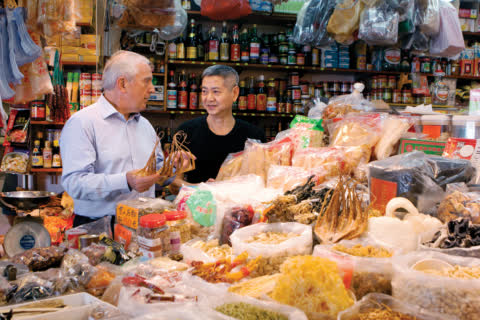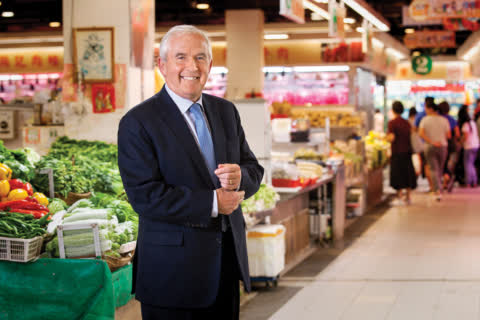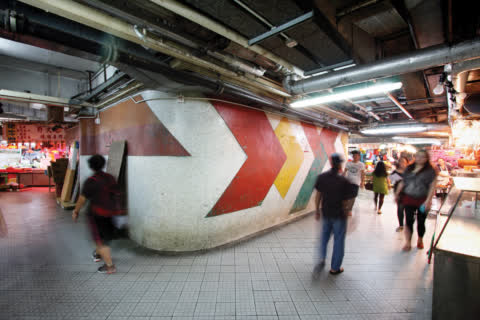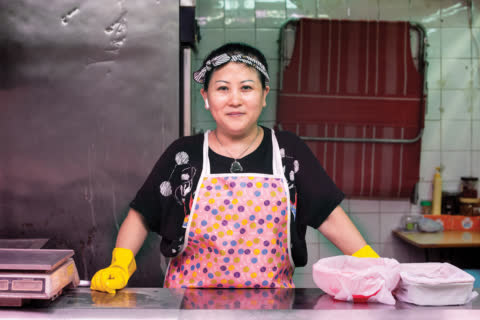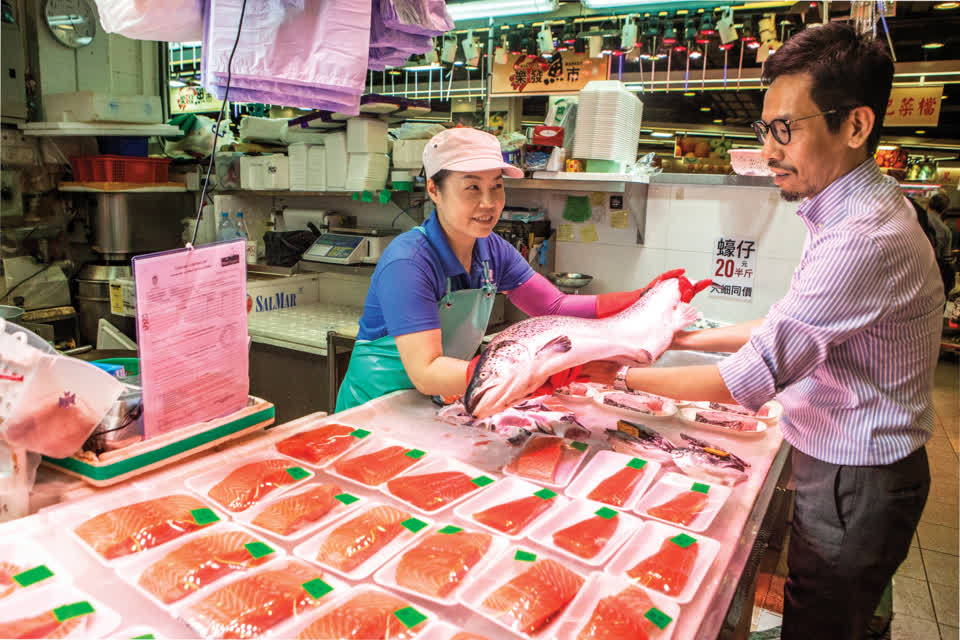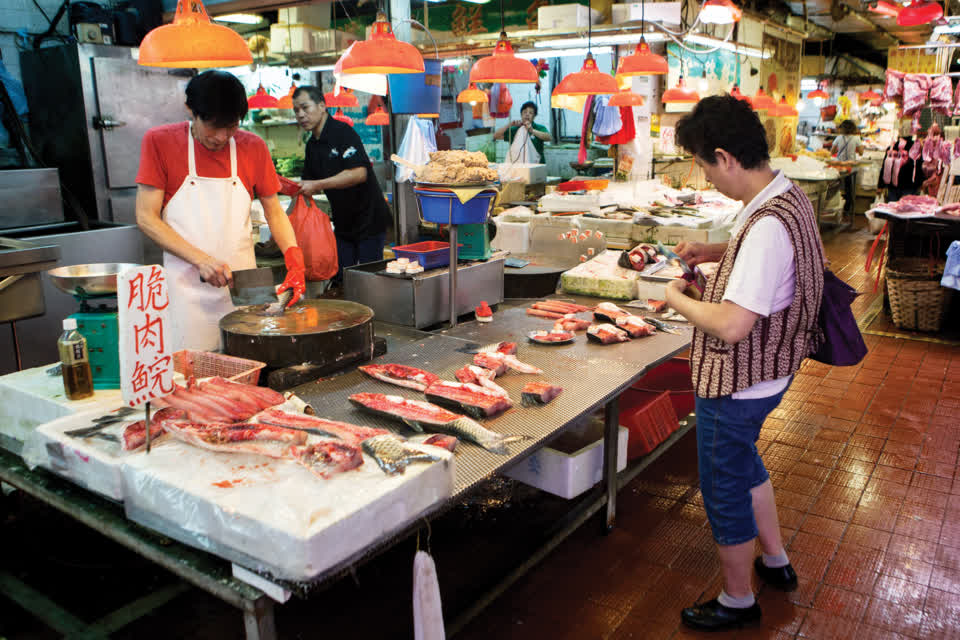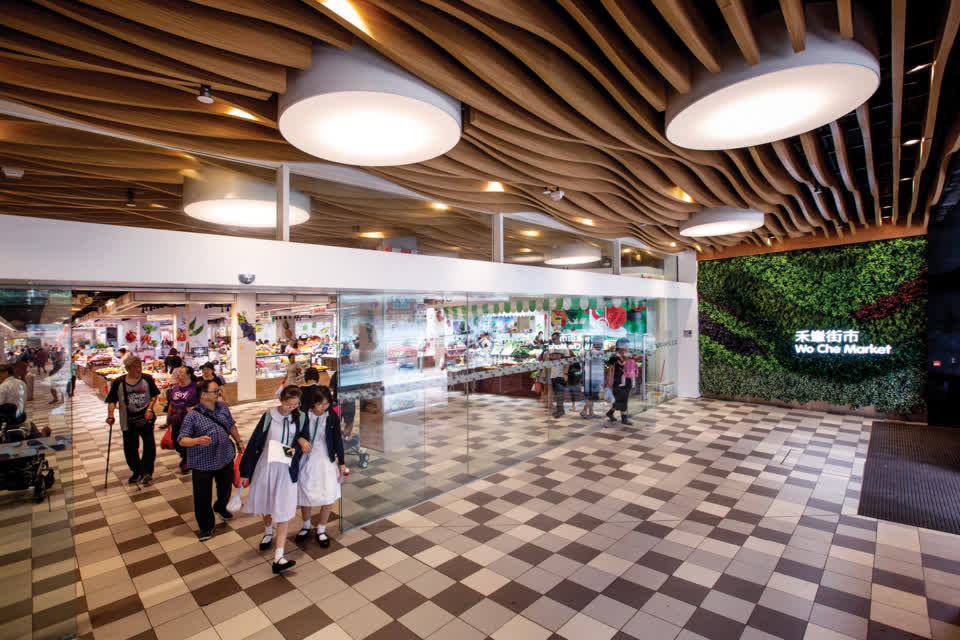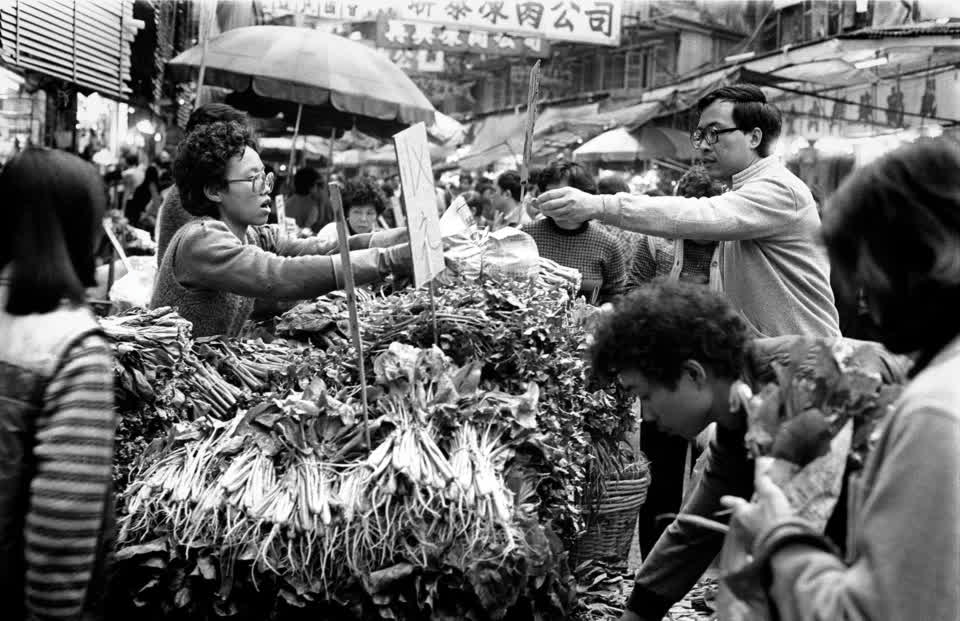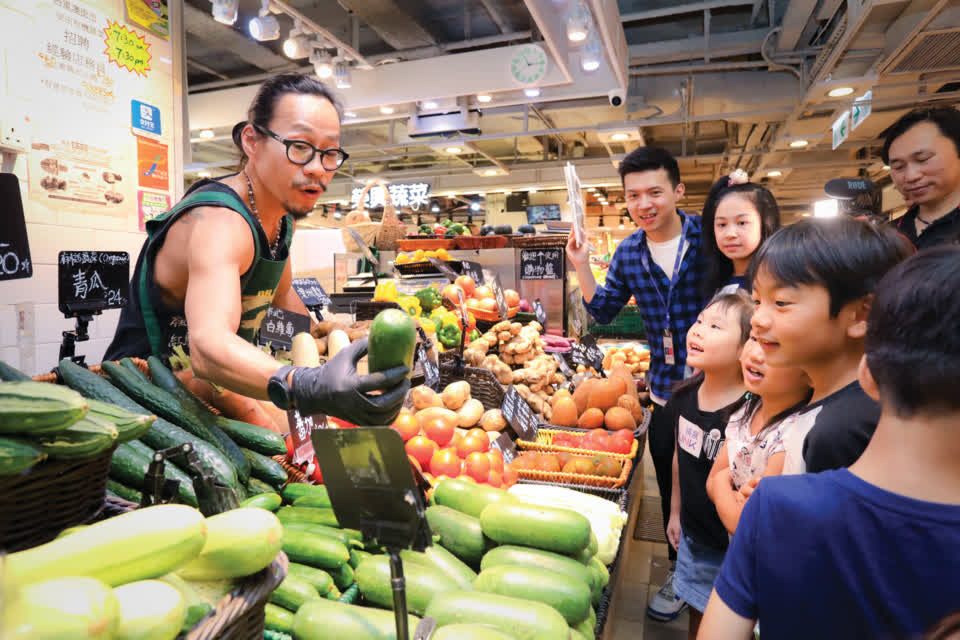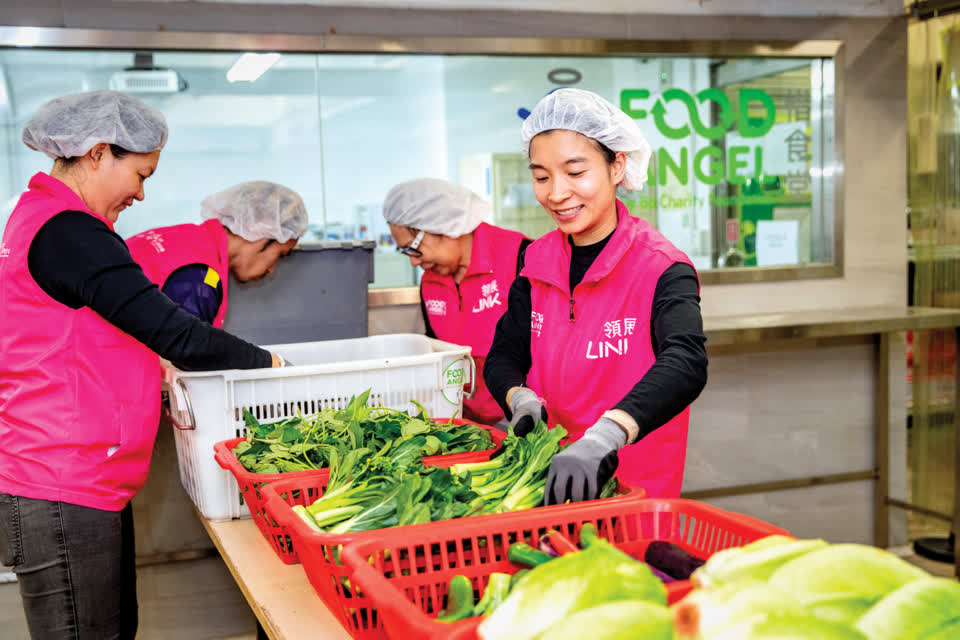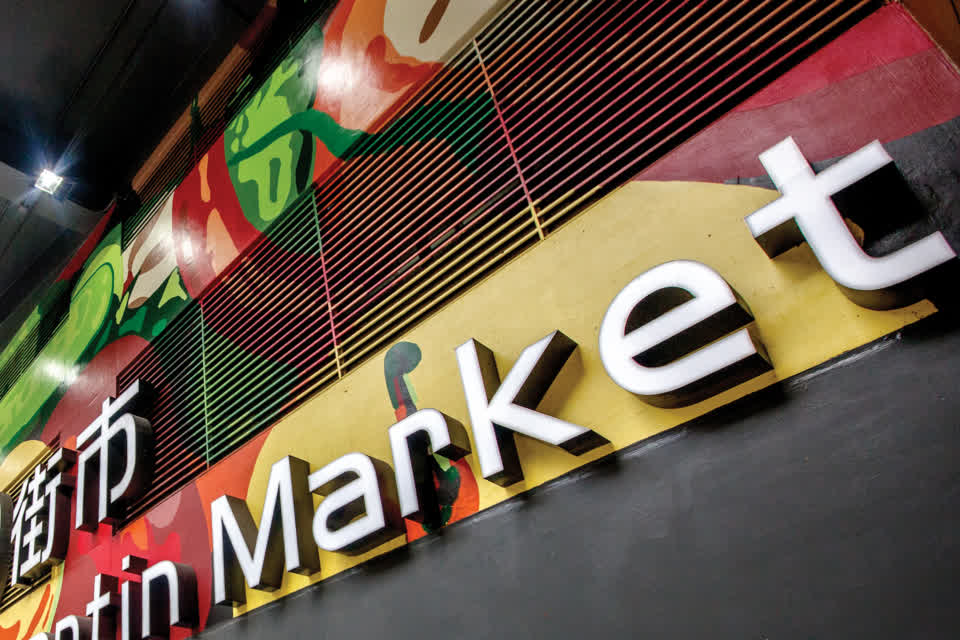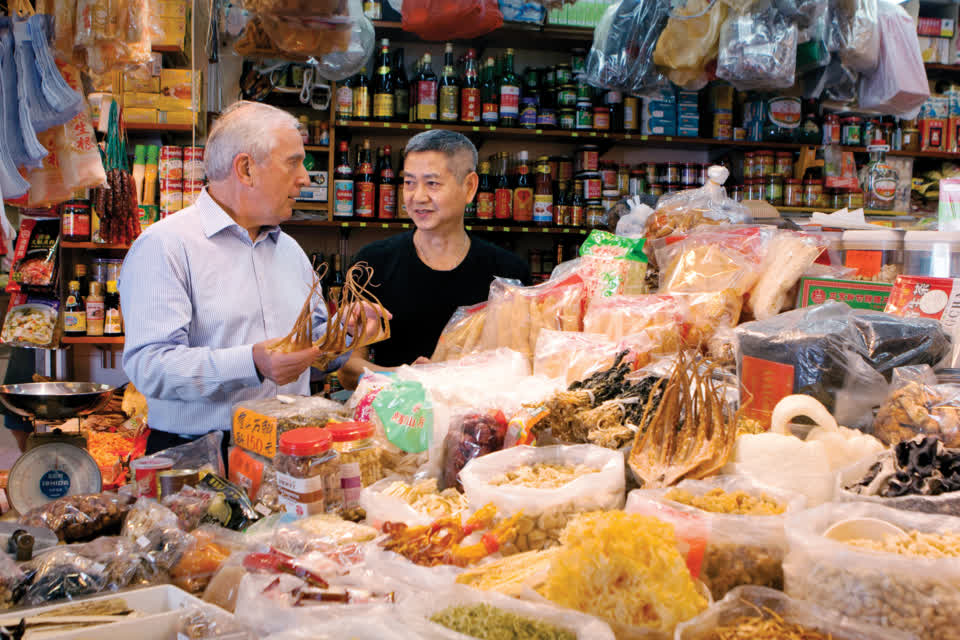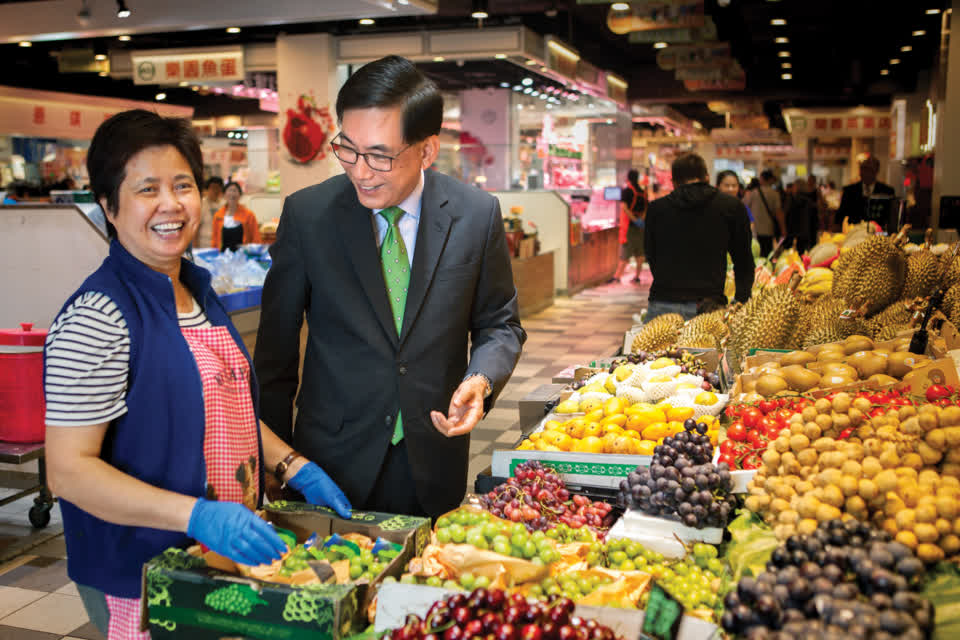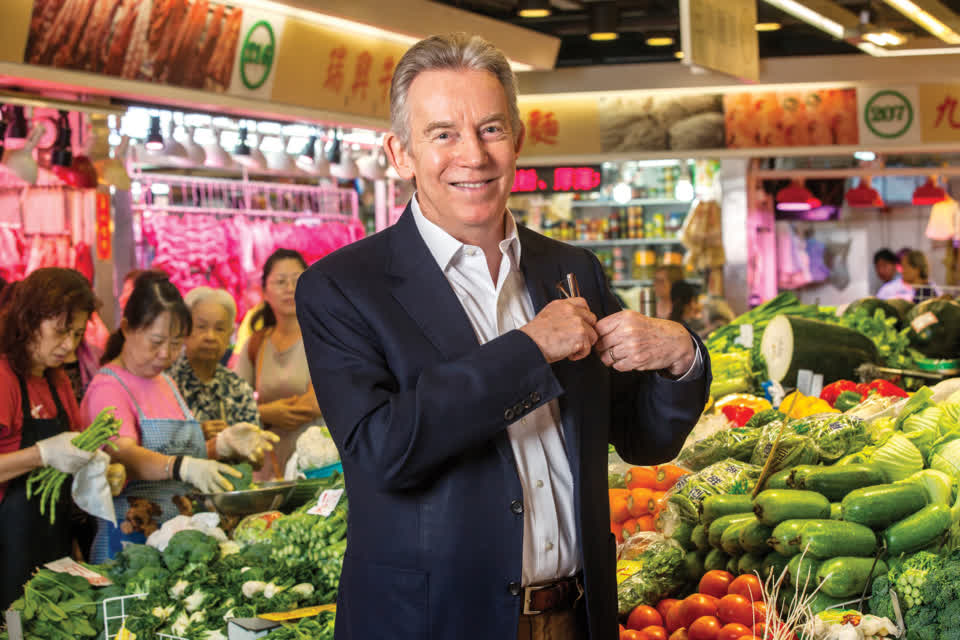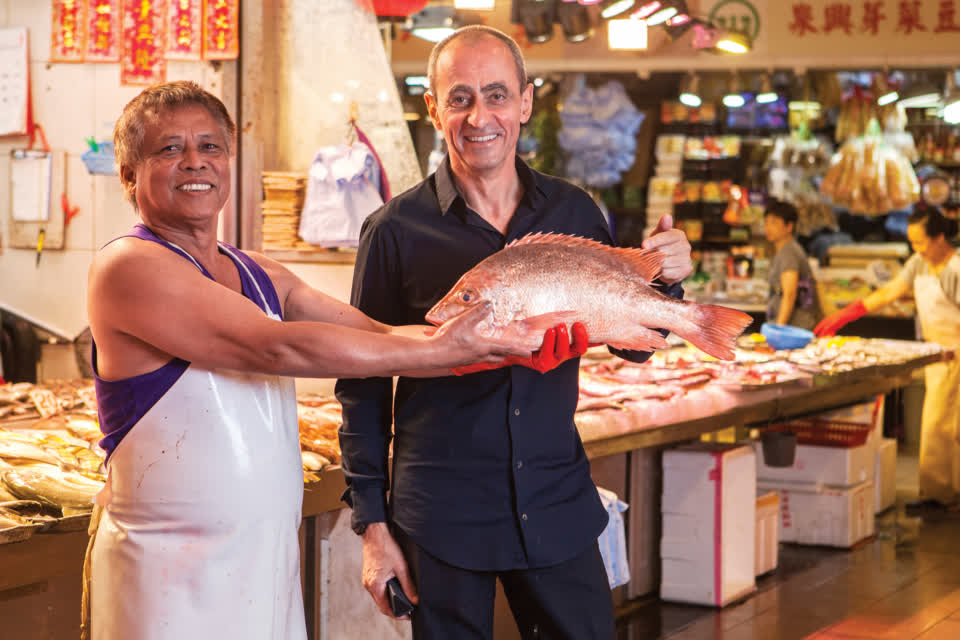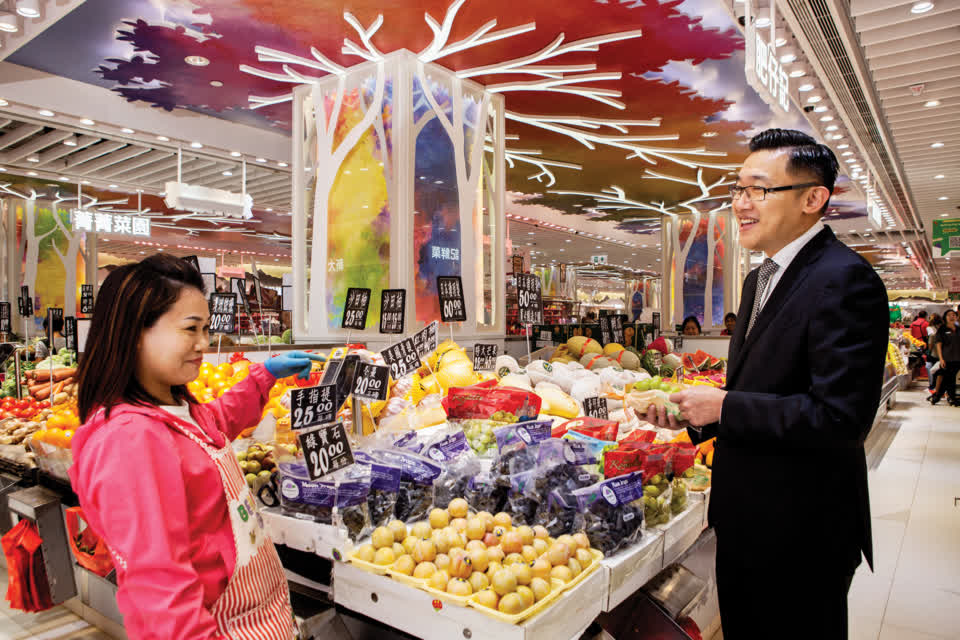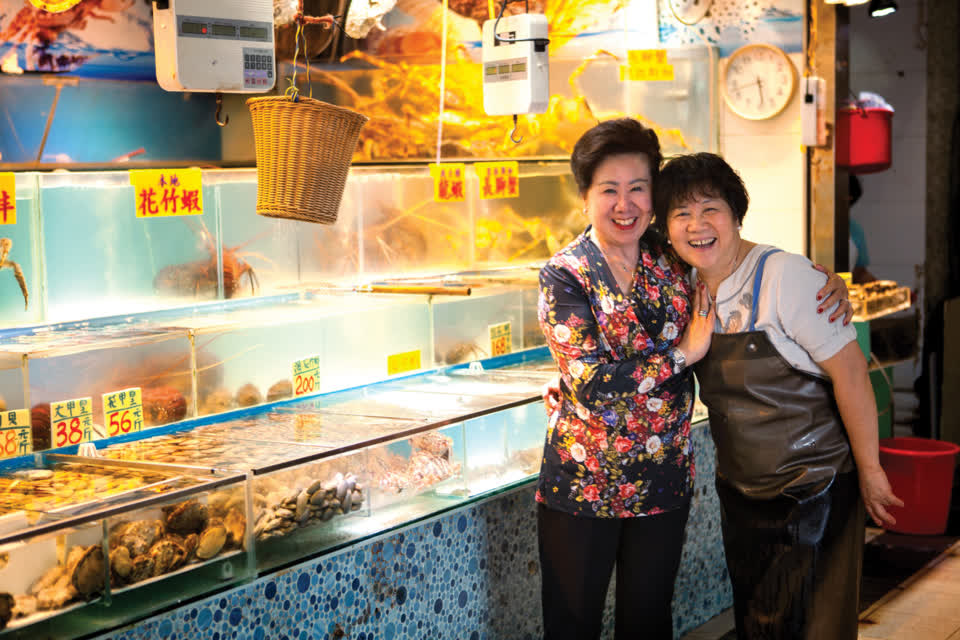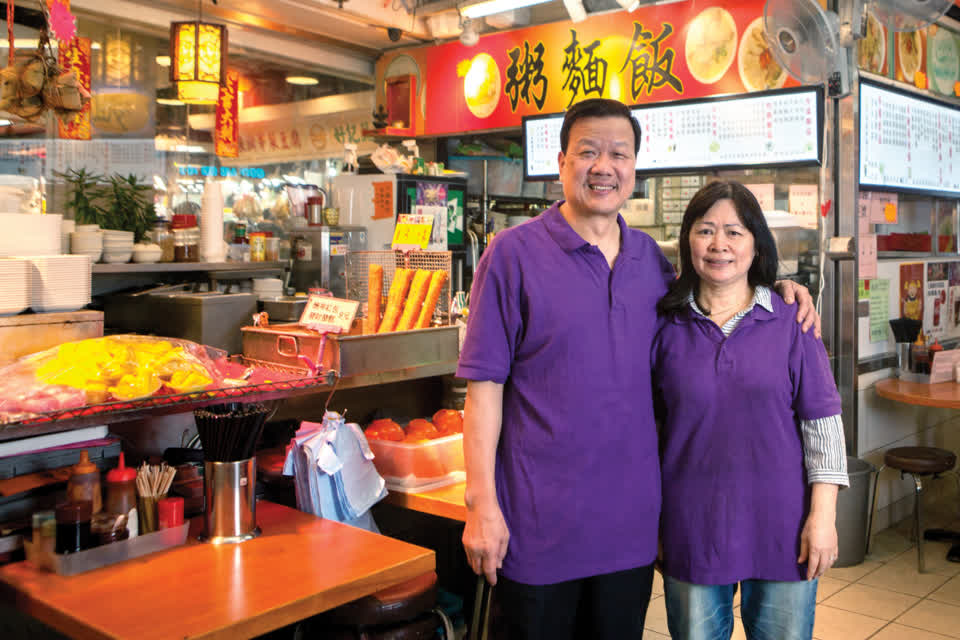Hong Kong is unusual in the depth and importance of its market culture, according to Nicholas Allen, the Chairman of Link Asset Management Limited (Link, manager of Link REIT or Link Real Estate Investment Trust, which owns over 50 fresh markets across the territory).
“It’s not like you can go to other jurisdictions or geographies and see anything like the same concentration of fresh markets in a community,”
he says. “When you go to the markets you see people from all walks of life at different times of the day – lunchtime, schools closing, parents buying for dinner – and it’s wonderful to walk around because you get a sense of just how people like to do their cooking and buy their produce. Fresh markets play a central role within the community.”
Link Chairman Nicholas Allen
Fresh markets are an essential part of Hong Kong society
Markets have always been important in Hong Kong, but things moved up a gear in the 1950s. In that decade, and in the years that followed it, hundreds of thousands of new residents streamed into Hong Kong from the mainland. They often arrived with little, and so there was even more demand for fresh food sold at reasonable – and negotiable – prices. The street markets became ever more bustling and crowded.
It was in the 1970s that the government decided to move these street markets into covered premises. This was mainly done as a response to hygiene issues at the unruly outdoor markets, which, while being full of life and energy, were also slippery, disorganised and grimy. And so the traders were moved into tiled indoor market buildings with grid-like aisles and identical stall sizes. But planners lost sight of the fact that markets were always intended to be convivial places where people want to meet and talk, and a sterile environment did not meet that need.
Max Wong is Director of Project and Operations at Link now. But he remembers, as a 10-year-old boy growing up in Kwai Fong Estate, he would do anything to avoid accompanying his parents to the local wet market.
“When I was small, my mother and father would bring me to the market, and ask me to help carry food back home, but that market was small, very slippery, really smelly, and there was so much water being sprayed around, I don’t know why. I remember in summer, wearing shorts and not wanting to get wet, I would try to think up any number of excuses not to go with them.”
It’s only recently that market operators have rediscovered exactly what a market should be, and in the past decade we have seen a rebirth of fresh markets as bright, attractive places that people want to visit even if they don’t have purchases in mind.
